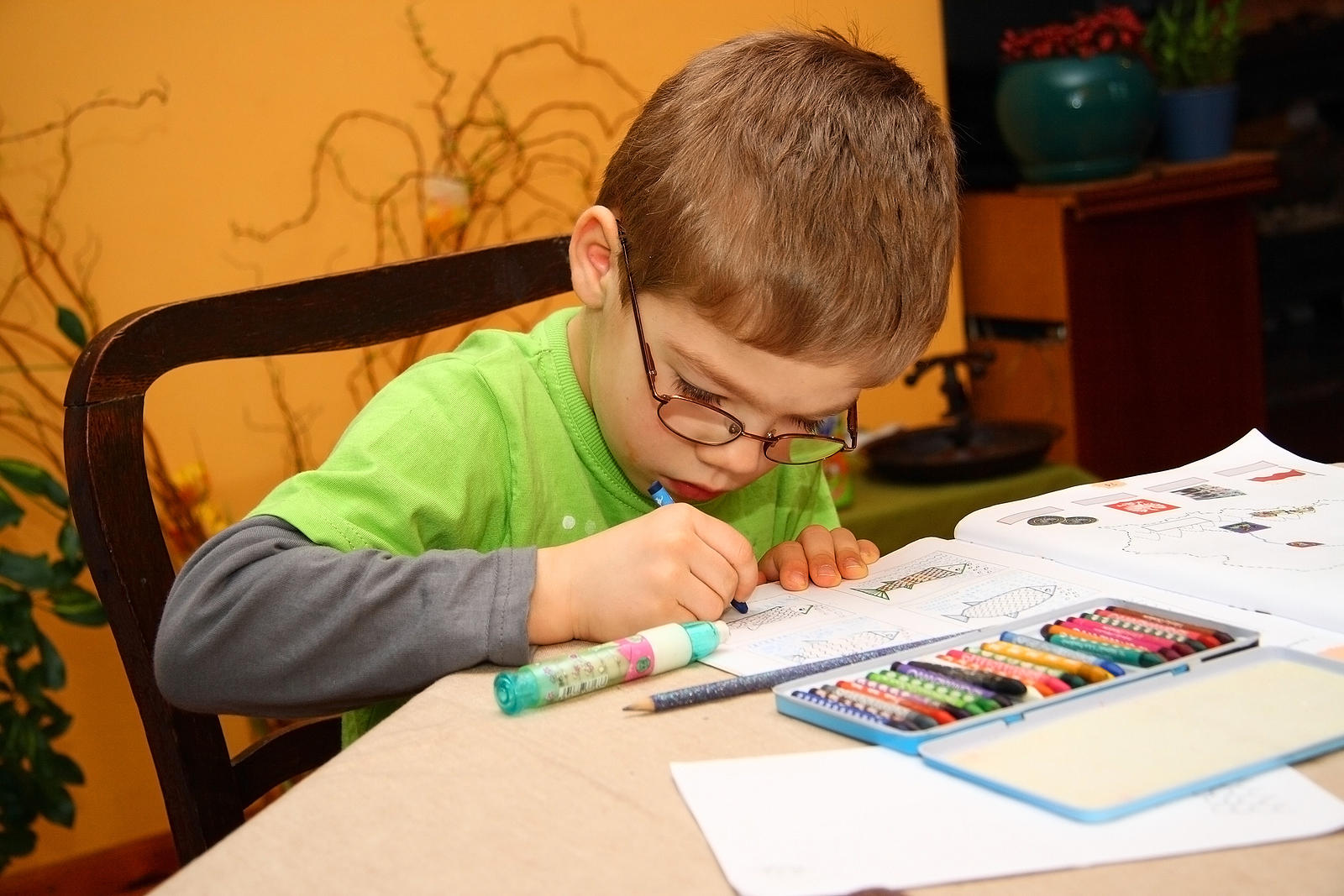We offer a comprehensive range of programs designed to promote holistic development and encourage independence in children with disabilities.
Depending on your NDIS plan and your child’s goals they would experience a variety of the below services.

Early intervention programs for children with developmental delays and/or disabilities typically encompass a range of services designed to support their development and address their specific needs. These programs aim to provide targeted support and assistance during the crucial early years of a child's life.
Here are some of the services offered in our early intervention program:
Early Childhood Intervention Teachers:
Specialised educational services are delivered by qualified early childhood teachers who have extensive knowledge and training around young children with disabilities and developmental delays. These professionals design and implement individualised educational plans to support the child's overall development and work with the child in their natural environment, such as at home, preschool, daycare, school or in the community.
Key Workers:
Early intervention programs offer coordination and case management services to help families understand their child’s NDIS plan and connect them with various services and supports available within the community. This includes facilitating referrals, scheduling appointments, collaborating with different professionals involved in the child's care and organising and facilitating family team meetings.
Parent and Family Support:
Our early intervention teachers recognise the essential role of families in a child's development. They offer parent training, education, and counselling services to equip parents with strategies to support their child's progress and well-being. Family support can also include guidance on navigating service systems, accessing resources, and connecting with support networks.
Developmental Assessments:
Children undergoing early intervention will often receive developmental assessments. These assessments help identify the child's strengths, challenges, and areas of need across various domains such as communication, cognitive skills, motor skills, self-care skills and social-emotional development. Assessments provide a baseline for setting goals and monitoring progress.
Play-based Learning and Socialisation:
Early intervention programs emphasise the importance of play in a child's development. They provide structured play-based activities that promote learning, socialisation, and the development of social skills in our early intervention rooms, or at a community setting such as the park or library These activities are designed to be engaging, age-appropriate, and tailored to the child's abilities.
It's important to note that specific services and interventions vary depending on the child's individual needs and NDIS plan. Each child's plan is tailored to address their unique strengths, challenges, and developmental goals, ensuring the best possible outcomes for their overall growth and development.
